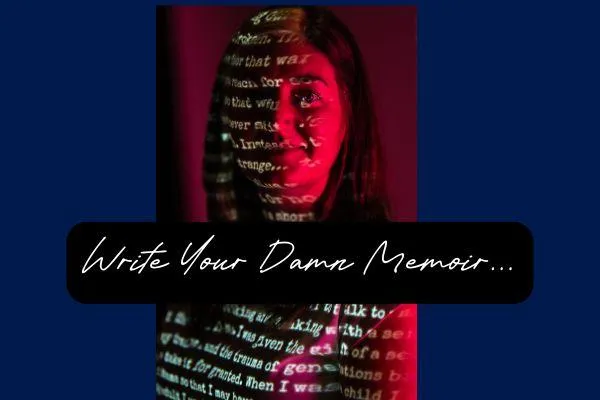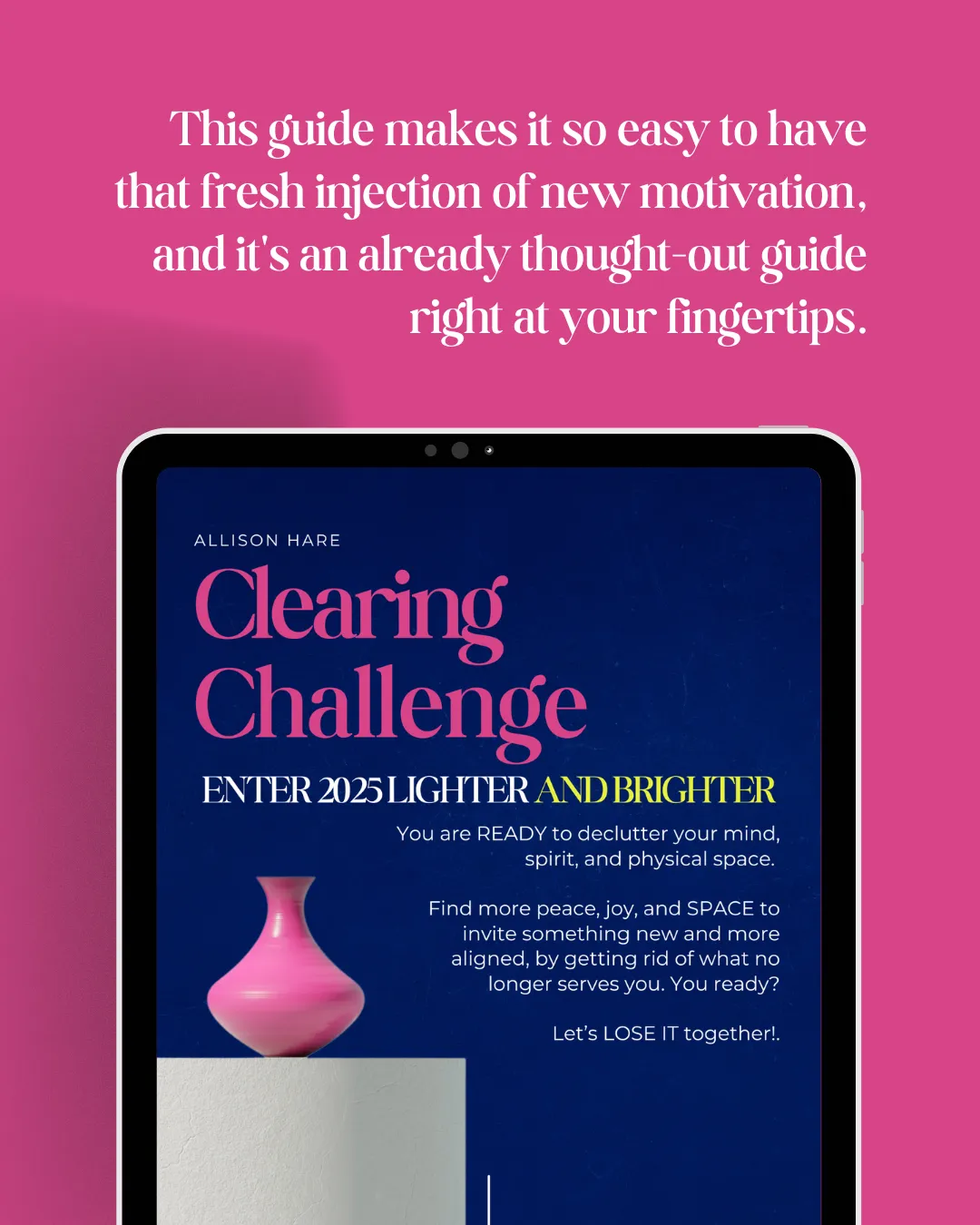
Write Your Damn Memoir Already
Write Your Damn Memoir Already
You’ve probably said it a dozen times. “One day, I’ll write a book.” Maybe it’s about what you’ve been through. Or what you’re still trying to figure out. But every time the idea creeps in, your brain hits you with the same junk: Who am I to write a memoir? My story isn’t that interesting. I don’t have time. Where would I even start?
That voice? I'd venture to say it is WRONG. Writing a memoir isn’t always about having some dramatic, life-altering story. It’s about having the guts to tell the truth about yours.
The Myth of the “Big Enough” Story
When people think of memoirs, they picture famous people or survivors of something tragic. But the best stories are usually the quiet ones. The ones that make someone reading go, “Oh my God, me too.” Those are the stories that stick. Because it’s never about being impressive—it’s about being real.
Your story doesn’t have to be huge to matter. It just has to be true.
What Writing a Memoir Actually Does for You
In my conversation with author Cindy Robinson, she said something that stopped me cold: “I didn’t write a memoir because I thought I was special. I wrote it because of how unspecial I am.”
That’s what writing does. It forces you to make sense of what’s happened, what you’ve carried, and who you’ve become. You start to see patterns, blind spots, and the places where you’ve actually grown. You realize maybe you weren’t broken—maybe you were just misunderstood.
And you don’t have to publish it. You don’t even have to finish it. Sometimes just getting the story out of your body is the win.
How to Start When You Don’t Know Where to Start
You don’t need an outline. You don’t need permission. You don’t necessarily need a writing coach.
Here’s where to begin:
Write like nobody’s ever going to read it. Forget grammar, structure, or what anyone might think. Just get it down. You can always edit later.
Start with what’s bugging you. What moment keeps replaying in your head? What shaped how you see yourself? Start there.
Don’t wait to feel ready. You won’t. Start anyway.
Forget the ending. Life doesn’t wrap up in perfect arcs. The best memoirs leave space for questions.
Stop Trying to Be the Hero
Most people subconsciously write like they’re trying to look good on paper. They polish and over-explain. But the real connection comes from honesty, not performance.
Cindy said it best: “Don’t be the hero of your story. Just tell the truth.”
Let yourself look human. You could even be the villain! Show your contradictions. Admit the stuff you’d rather hide. Readers don’t want to be impressed—they want to feel seen.
Why Ordinary Details Hit Harder
The big moments are fine, but the small ones are what make a story unforgettable. Cindy once told me she hums along to the sound of her air conditioner. Totally random. But when she said it, I realized I do the same thing.
That’s the power of a memoir—it makes people feel less alone. The smallest, weirdest details are what make someone say, “I thought I was the only one.”
You Don’t Need to Publish It to Make It Real
A memoir doesn’t have to hit the bestseller list to mean something. Writing your story gives you perspective. It shows you how far you’ve come and helps you make peace with the stuff that used to own you.
Publishing is optional. Growth isn’t.
The Real Win Isn’t the Book. It’s the Becoming.
Finishing a manuscript is cool. Seeing your name on a cover is cooler. But the real transformation happens while you’re writing—the moments when you finally understand yourself in a new way.
You’ll see how resilient you are. You’ll forgive yourself for things you’ve carried too long. You’ll start to see your own humanity the way other people already do.
That’s the payoff.
If You’ve Been Waiting for a Sign
This is it. Write the damn thing.
One sentence. One scene. One memory that won’t leave you alone. You don’t have to know where it’s going—just start.
If you want to hear how another woman did it—with humor, grit, and zero polish—listen to my conversation with Cindy Robinson on The Reinvention Room. Her new memoir, Maladaptive Daydreams, is proof that “ordinary” stories are often the ones that hit the deepest.
But seriously. Go write your damn memoir already.
Listen Now: The Reinvention Room Podcast
Watch Now: Reinvention Room on YouTube
If you’ve got a podcast or an idea that won’t leave you alone, here's your sign to take it seriously. Not just because it's fun (it is), but because it can change how people see you, connect with you, and trust you. That's the magic.
And if you're wondering how to make it actually work? Book a free clarity call with me at allisonhare.com/freecall. I'll help you turn that idea into a tight, bingeable, client-attracting machine.




